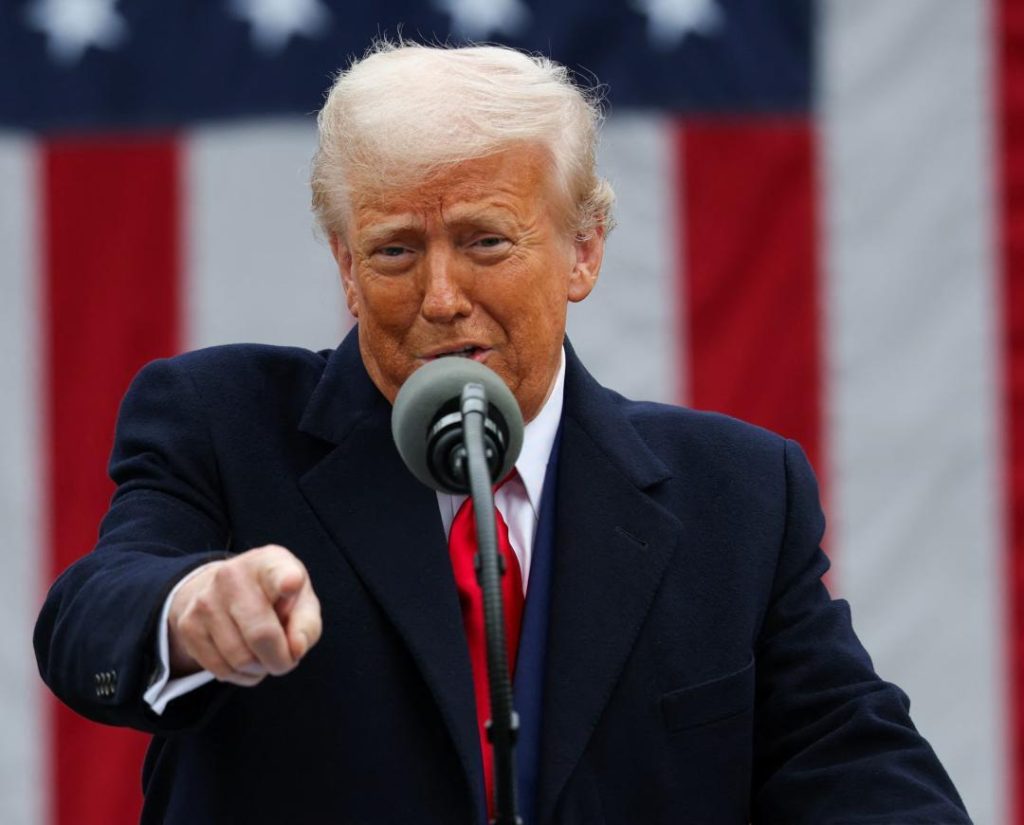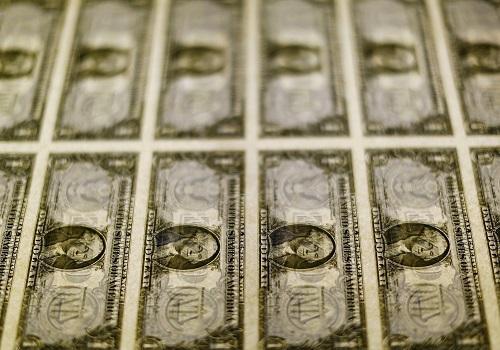
Which Goods & Items are Exempt from Trump’s New Tariffs?
On Wednesday, April 2, US President Donald Trump announced a new set of reciprocal tariffs aimed at protecting American industries from what he perceived as unfair trade practices by other nations. While the tariffs have sent shockwaves across the global economy, certain commodities have been spared from the ambit of these new tariffs. In this blog post, we will delve into the list of exempt goods and items, which includes pharmaceuticals, bullion, energy, minerals, semiconductors, and lumber articles, among others.
Pharmaceuticals: A Significant Exemption
Pharmaceutical products have been exempt from Trump’s new tariffs, which is a significant relief for India, which exports pharmaceuticals worth nearly $9 billion to the US. The exemption applies to a wide range of pharmaceutical products, including active pharmaceutical ingredients, finished dosage forms, and biotechnology products. This exemption is expected to benefit Indian pharmaceutical companies such as Sun Pharma, Dr. Reddy’s Laboratories, and Lupin, which have a significant presence in the US market.
Bullion: Physical Gold and Silver of High Purity
Physical gold and silver of high purity have also been exempt from the tariffs. This exemption is expected to benefit investors who buy gold and silver as a hedge against economic uncertainty. The exemption also applies to gold and silver coins, bars, and other products made from these precious metals.
Energy: A Critical Exemption
Energy products, including crude oil, natural gas, and refined petroleum products, have been exempt from the tariffs. This exemption is critical for the global economy, as energy is a vital component of economic activity. The exemption also applies to other energy-related products, such as coal, liquefied natural gas (LNG), and oilfield equipment.
Minerals: Some Not Available in the US
Certain minerals that are not available in the US have been exempt from the tariffs. This exemption applies to minerals such as rare earth elements, which are used in a wide range of high-tech products, including electronics, batteries, and medical devices. Other minerals that have been exempt include cobalt, graphite, and tantalum.
Copper: A Key Component of Global Economy
Copper, a key component of the global economy, has also been exempt from the tariffs. Copper is used in a wide range of products, including electrical wiring, plumbing, and construction materials. The exemption is expected to benefit copper-producing countries such as Chile, Peru, and the Democratic Republic of Congo.
Steel and Aluminium: Not Exempt
In contrast, steel and aluminium have not been exempt from the tariffs. These metals are used in a wide range of products, including construction materials, automobiles, and aircraft. The tariffs on steel and aluminium are expected to benefit American producers of these metals, but may also lead to higher prices for consumers.
Semiconductors: A Critical Component of Technology
Semiconductors, which are used in a wide range of electronic products, including smartphones, computers, and televisions, have been exempt from the tariffs. This exemption is critical for the technology industry, which relies heavily on semiconductors. The exemption is expected to benefit Asian countries such as South Korea, Taiwan, and China, which are major producers of semiconductors.
Lumber Articles: A Key Component of Construction
Lumber articles, including wood and wood products, have also been exempt from the tariffs. This exemption is expected to benefit the construction industry, which relies heavily on lumber and wood products. The exemption is also expected to benefit countries such as Canada and Sweden, which are major producers of lumber and wood products.
Conclusion
In conclusion, while Trump’s new tariffs have sent shockwaves across the global economy, certain commodities have been spared from the ambit of these new tariffs. Pharmaceutical products, bullion, energy, minerals, semiconductors, and lumber articles are among the exempt goods and items. The exemptions are expected to benefit countries such as India, which exports pharmaceuticals worth nearly $9 billion to the US. However, the tariffs on steel and aluminium are expected to benefit American producers of these metals, but may also lead to higher prices for consumers.
Source:






